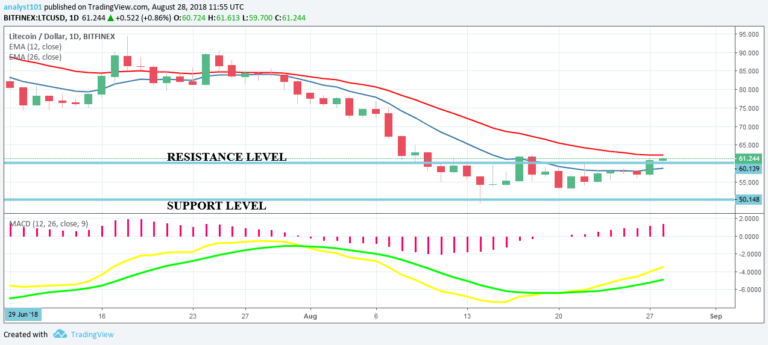Bitcoin Cash has lost some of its hashpower as GMO Internet, the top Japanese cryptocurrency mining firm, recently decided to stop mining the bitcoin fork.
In the July edition of the company’s monthly report on their mining operations, shared on Twitter by Trace Mayer – a prominent influencer in the crypto community – it emerged that the cryptocurrency mining firm did not mine bitcoin cash (BCH) in the month of July.
It was clear from the report that the Japanese company had been dedicating less mining power to bitcoin cash since February when it mined 287 BCH. GMO mined 12 BCH and 37 BCH in March and June respectively.
Just as in July, the company did not mine any bitcoin cash in April.
Significantly, the report showed that GMO did continue to mine bitcoin (BTC) in 2018 despite the coin’s rising mining difficulty.
Speculations on the Switch from BCH to BTC
In his tweet Trace Mayer suggested that GMO must have halted bitcoin cash (BCH) mining because of the relative ease with which a 51% attack on the network could be orchestrated – pointing out that with just $37,867 an attacker could gain control of the Bitcoin Cash Network for an hour:
Why would GMO Internet switch all mining capacity to $BTC from $BCH? Only ~$37,867 for one hour 51% $BCH attack? Does DARI ratio account for block maturation times? Nov fork? What could possibly happen with this $9B testnet? Sure is fun to watch! 😂 💩 https://t.co/2P55FNxK23 pic.twitter.com/hZLx2hDUk6
— Trace Mayer (@TraceMayer) August 24, 2018
Another Twitter user – Brad Mills – pointed out that GMO’s actions could be a result of their decision to go into the production of mining hardware themselves, suggesting that there was no point in dedicating their mining capacity to a cryptocurrency that was considered “Bitmain Coin” or the cryptocurrency of its biggest competitor. Jihan Wu – CEO and founder of Bitmain – is known to be a supporter of the bitcoin fork and is said to own a huge percentage of all bitcoin cash in circulation.
GMO successfully launched their own bitcoin mining chip two months ago.
The B2 chip, which is the first ever 7nm chip, sold out soon after release.
The Japanese firm is said to be working on the B3 chip which is expected to compete favorably with Bitmain’s Antminer S9. The company also say that their B3 chip will be able to reach up to 33TH/s hashpower, a figure much higher than that of the Antminer S9’s 14TH/s.
GMO’s actions seem to reflect the general picture of the mining industry. While the bitcoin cash hashrate has not improved in months, bitcoin’s hashrate has nonetheless been on the rise in spite of the current bear market.








